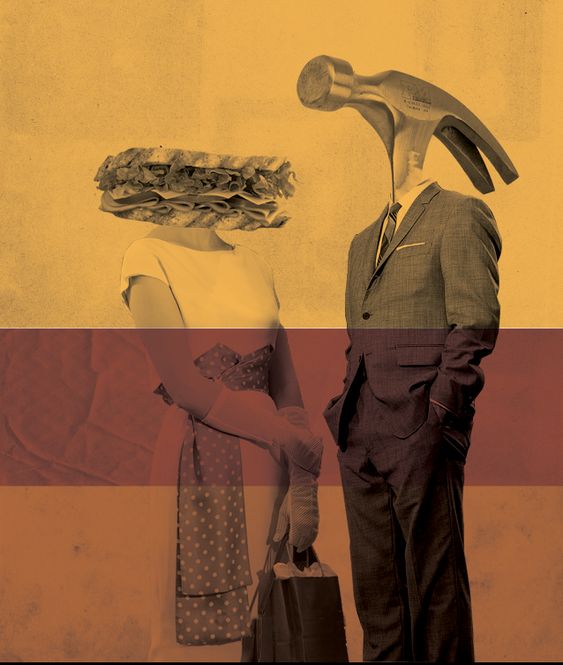

Research demonstrates that just as women face backlash for not being feminine enough or overly masculine. Men are also penalized for being feminine, not masculine enough, vulnerable, nice or even a little compassionate. The concept of ‘Man Box’ is heavily enforced in the ways boys are raised. Young men are subjected to heavy pressure by society and its expectations from them.
Rigid and traditional expectations, perceptions and behaviors that are considered “manly”, imposed on men by the society, such as superiority, cruelty, emotional suppression, lack of physical intimacy with other men, and expectations of socially aggressive and dominant behavior, makes violent behavior among men more pervasive. Such unhealthy and damaging social pressure are mostly referred to as toxic masculinity or ‘Man Box’ as per research. However, many men, in and outside Nepal have been playing a part in changing the dynamics of such stereotypes. But, the deep rooted conservative and draconian set of rules discourages men from behaving in ways that are not particularly masculine for the society and in the process losing their unique identity.
“As a man, whenever I get emotional or childish I am often reprimanded as though I am being immature or not manly enough.” said Shiv (pseudonym), an English teacher. He admonished the society for judging men for being anything other than the manly image they have created, and because of that men don’t express themselves at all. He also explained how men, who help their wives or partners are said to be under a female’s rule, submissive and made fun of. “I live alone and when I wash my clothes, cook or do dishes, everyone around me, even educated women, advise me to get married as if this is the sole reason for getting married. I have always helped my mother in the kitchen, in fact all my siblings did. My brother cleans the house more often than my sister-in-law does. It’s normal in our house but others in the society frown upon us.” he further added.